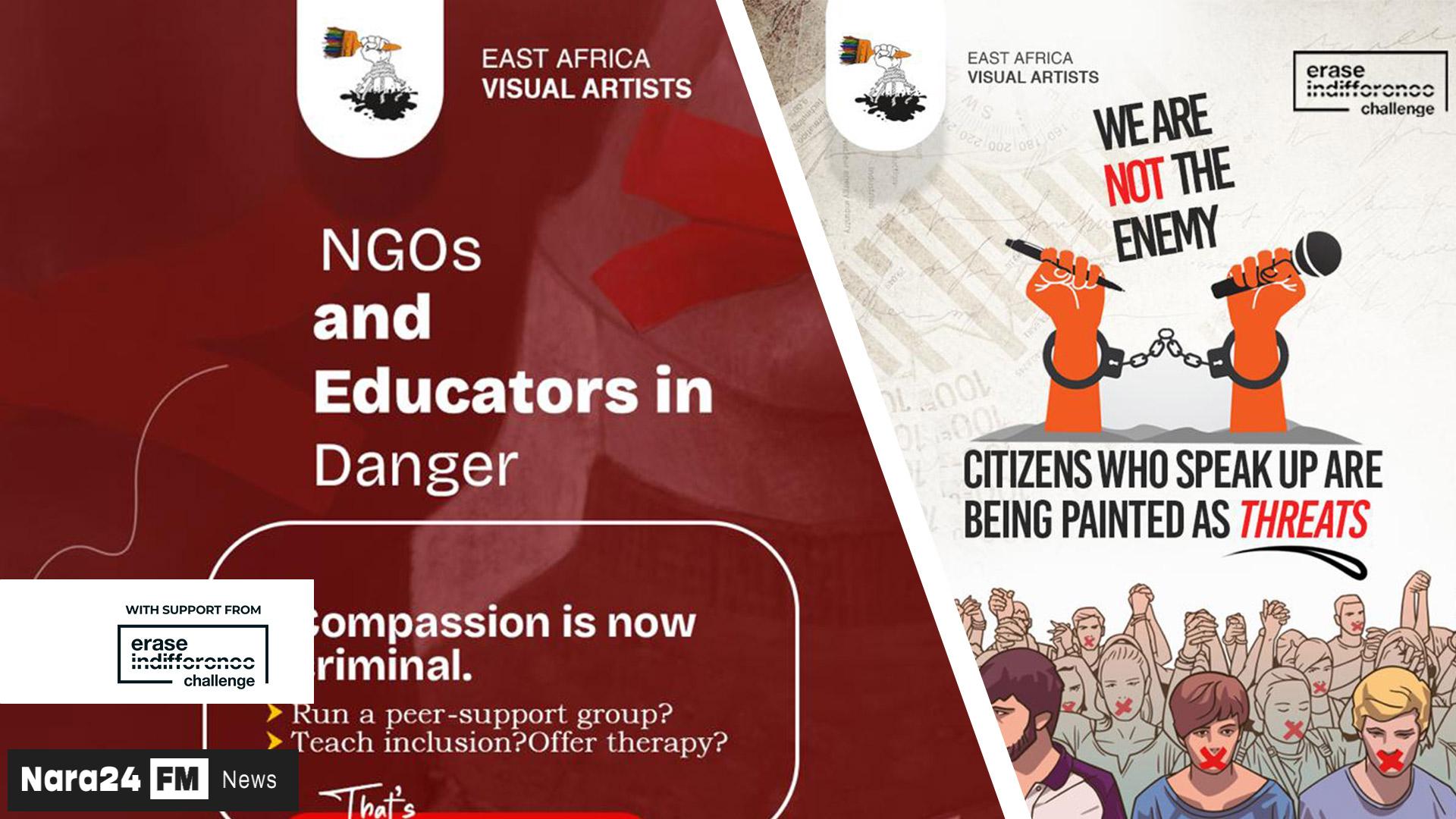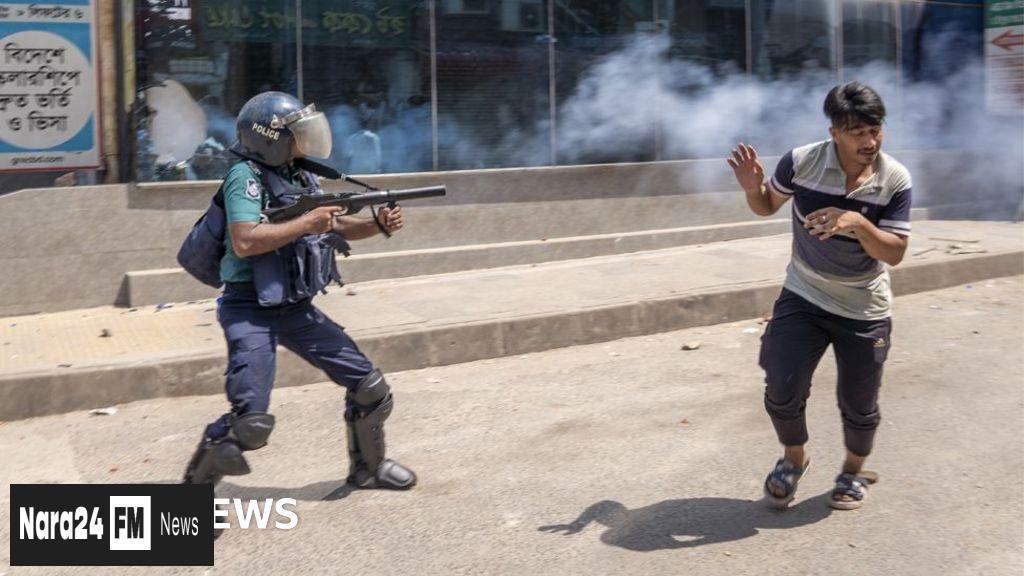
Know Your Laws Campaign Demystifies Contentious Legislation
A regional civil society initiative is helping Ugandans understand the real-life impact of controversial laws by translating complex legal language into accessible public education.
A leaked phone call allegedly shows former Bangladeshi Prime Minister Sheikh Hasina authorizing lethal force against protesters during last year's deadly unrest.

Former Bangladeshi Prime Minister Sheikh Hasina allegedly authorized the use of lethal force against anti-government protesters during last year's violent crackdown, according to a leaked phone call verified by BBC Eye Investigations. The audio, which surfaced online in March, captures Hasina instructing security forces to "use lethal weapons" and "shoot" protesters wherever found.
The recording is set to play a pivotal role in the ongoing trial against Hasina, who is being prosecuted in absentia for crimes against humanity. UN investigators estimate that up to 1,400 people died during the unrest, marking the worst violence in Bangladesh since the 1971 independence war. Hasina, who fled to India, and her Awami League party have denied all charges. A party spokesperson dismissed the tape, claiming it does not demonstrate any "unlawful intention" or "disproportionate response."
The protests initially targeted civil service job quotas for relatives of independence war veterans but quickly escalated into a broader anti-government movement. By last summer, tens of thousands had taken to the streets, culminating in Hasina's ousting after 15 years in power. The leaked call, dated 18 July, occurred during a critical juncture in the demonstrations, as security forces responded to widespread outrage over police killings of protesters.
Audio forensics experts from Earshot confirmed the authenticity of the recording, finding no evidence of manipulation or synthetic generation. The call, likely recorded in a room with a speakerphone, contained distinctive telephonic frequencies and consistent speech patterns matching Hasina's voice. British human rights barrister Toby Cadman, advising Bangladesh's International Criminal Tribunal, emphasized the recording's significance in establishing Hasina's role in the violence.
BBC Eye's investigation also uncovered new details about a police massacre in Dhaka's Jatrabari neighborhood on 5 August, where at least 52 protesters were killed. Eyewitness footage and CCTV revealed that police opened fire indiscriminately after army personnel withdrew from the area. The violence continued for over 30 minutes as protesters fled, with six police officers later killed during retaliatory attacks.
Alongside Hasina, 203 individuals, including former government and police officials, have been indicted for their roles in the crackdown. The leaked audio and additional evidence underscore the scale of the violence and the challenges facing Bangladesh's pursuit of justice.
Comments (0)
Leave a Comment
Be the first to comment on this article!